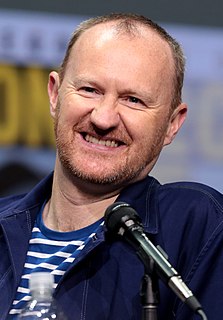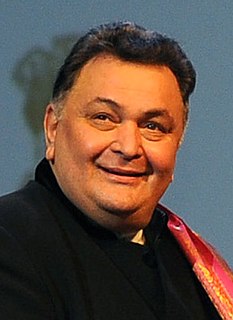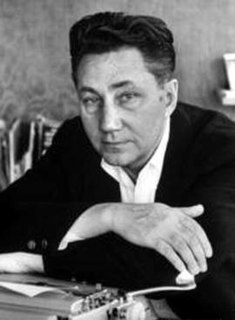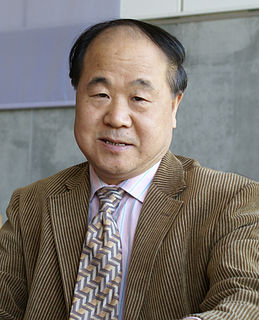A Quote by Ben Okri
Literature doesn't have a country. Shakespeare is an African writer. His Falstaff, for example, is very African in his appetite for life, his largeness of spirit. The characters of Turgenev are ghetto dwellers. Dickens characters are Nigerians.
Related Quotes
If it really was Queen Elizabeth who demanded to see Falstaff in a comedy, then she showed herself a very perceptive critic. But even in The Merry Wives of Windsor, Falstaff has not and could not have found his true home because Shakespeare was only a poet. For that he was to wait nearly two hundred years till Verdi wrote his last opera. Falstaff is not the only case of a character whose true home is the world of music; others are Tristan, Isolde and Don Giovanni.
The thought of the novelist lies not in the remarks of his characters or even in their introspection but in the plight he has invented for his characters - in the juxtaposition of those characters and in the lifelike ramifications of the ensemble they make: their density, their substantiality, their lived existence actualized in all its nuanced particulars, is in fact his thought metabolized.
Cultures, when they meet, influence one another, whether people like it or not. But Americans don't have any way of describing this secret that has been going on for more than two hundred years. The intermarriage of the Indian and the African in America, for example, has been constant and thorough. Colin Powell tells us in his autobiography that he is Scotch, Irish, African, Indian, and British, but all we hear is that he is African.
Oh, I love labels, as long as they are numerous. I'm an American writer. I'm a Nigerian writer. I'm a Nigerian American writer. I'm an African writer. I'm a Yoruba writer. I'm an African American writer. I'm a writer who's been strongly influenced by European precedents. I'm a writer who feels very close to literary practice in India - which I go to quite often - and to writers over there.






































